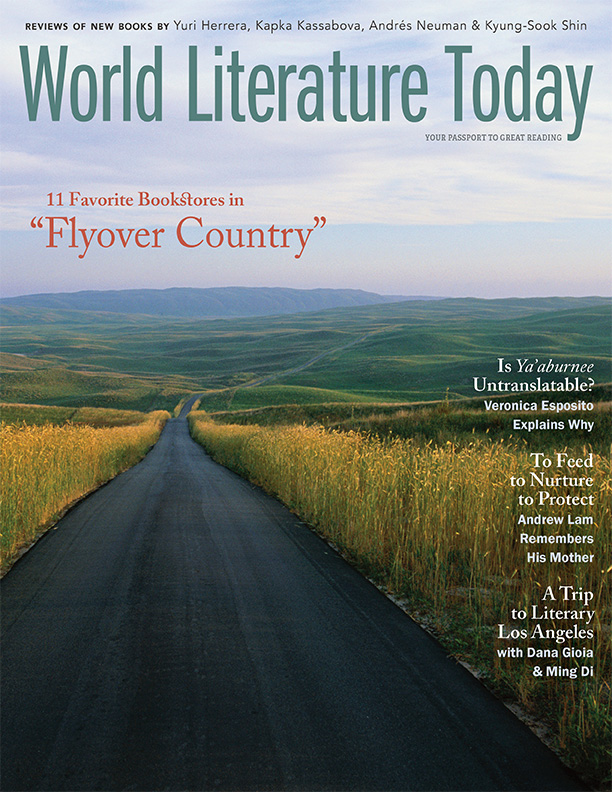Forgiveness
 The mind skitters, its one rudder
The mind skitters, its one rudder
Being its own voice. The great
Fascist poet taught me free verse.
Trying to concentrate on “The forgiving
Of an unforgivable crime” in a lecture
By Emmanuel Levinas, I drift into
Keely Smith being Cherokee.
“The desire for vers libre,” says Pound
In his hectoring way, is “quantity
Reasserting itself after years
Of starvation.” Reading that, I
Got the idea—just like in music,
Longer is different from higher.
Like with long “ee”s,
And it was called “quantity”—
I could hear it. The third syllable
Longer, the first one stressed by pitch:
Bitterness. Cherokee. Popinjay.
I don’t pretend I was thinking
About the Trail of Tears or any other
Unforgivable crime. I was thinking
About how well she imitates
Louis Prima’s pelvis-forward walk, mocking
The magic of it while singing like
An angel in a prom dress, and how
Great it would be to write something
That funny and impassioned.
The cadences and quantities
Of his “Exile’s Letter” break my heart
As a ritual of truth, the remote
Spoken ceremony of atonement.
At the same time, I scorn
That nostalgic celebration of drunken
Friendship among exquisite
Diplomats of an ancient ruling class.
Starvation a figure of speech!
The airy dynamo of song
Animates the shadows.
And speaking of shadows, who has
A right to forgive? White soldiers
Took away the Arapahos’ horses.
In old Ukraine, the Nationalists first
Mutilated some Jews, then made them
Dance and sing naked before
Killing them, as a way of showing
What they’d like to do to the Poles,
Or was it the invading Germans. Is the point
Humiliation beyond forgiveness?
Do the damned impregnate
The enslaved to make an
Unforgivable point? Also to deny it?
Even poor John Keats, in his letters,
Enjoys a little minor Jew-baiting.
Who do I think I am to forgive him?
After all, I am him. He too was the child
Of a New Jersey optician, and please do me
A favor, don’t tell me No, he wasn’t.
Read an interview with Robert Pinsky offered as a web exclusive with this issue.











